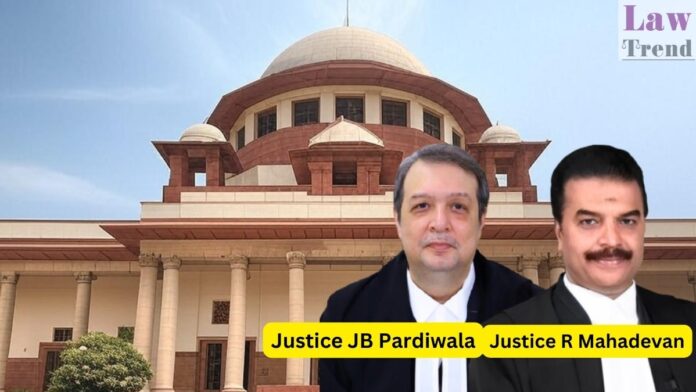Reiterating the settled legal position on the doctrine of res judicata, the Supreme Court has held that the principle applies not only to two different proceedings but also to different stages of the same proceeding. The observation came in Civil Appeal No. 7108 of 2025 (Sulthan Said Ibrahim v. Prakasan & Ors.), wherein the Court
To Read More Please Subscribe to VIP Membership for Unlimited Access to All the Articles, Download Available Copies of Judgments/Order, Acess to Central/State Bare Acts, Advertisement Free Content, Access to More than 4000 Legal Drafts( Readymade Editable Formats of Suits, Petitions, Writs, Legal Notices, Divorce Petitions, 138 Notices, Bail Applications etc.) in Hindi and English.




